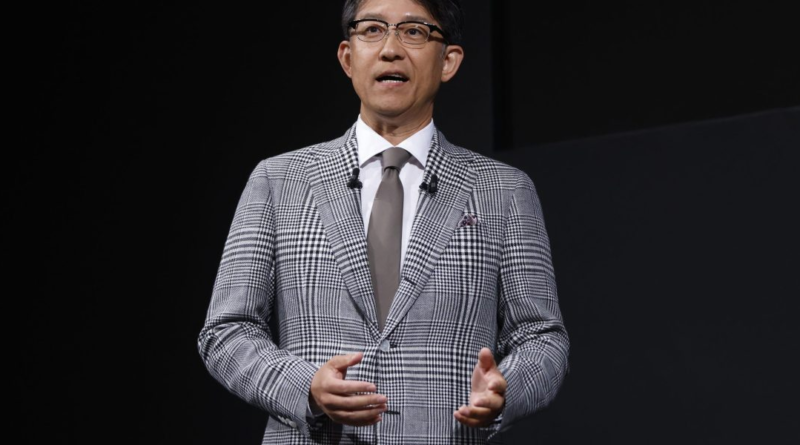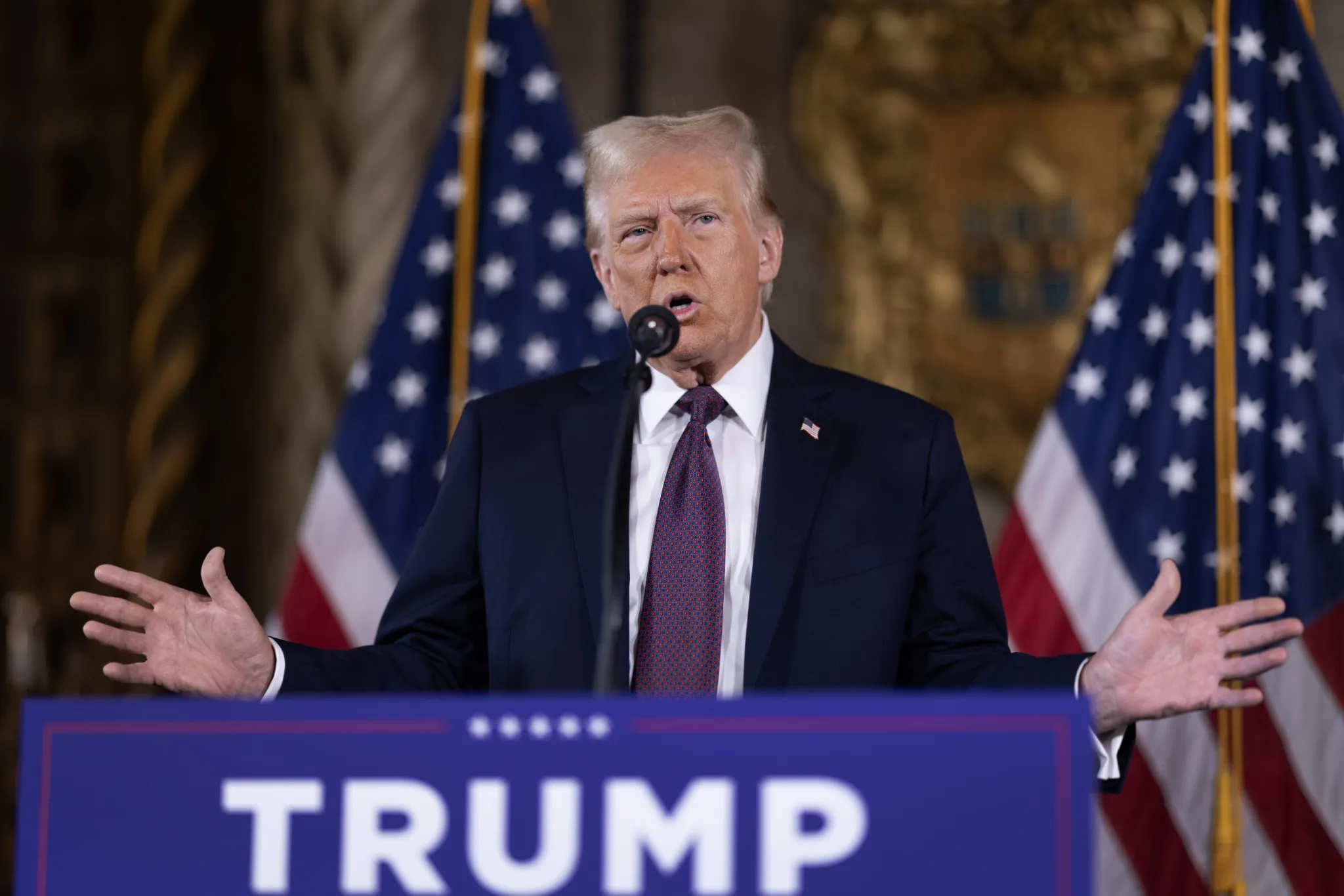Toyota’s bet on hybrids was mocked, then vindicated. Now it’s trying to repeat the trick with an unlikely bet on the combustion engine
While many automakers predicted a looming all-EV future, Toyota made gains by emphasizing hybrids over fully electric vehicles—a move that earned it derision before being vindicated over the past year as EV sales sputtered. Now it’s now doubling down with a new take on the traditional car engine.
The world’s largest carmaker said Tuesday that it would develop smaller internal combustion engines that are more optimized for hybrid vehicles and can accept alternative fuels such as biofuels, liquid hydrogen, and synthetic e-fuels in an effort to cut down on emissions. The CEOs of Subaru and Mazda also vowed to produce new engines, they said in a press conference with Toyota CEO Koji Sato Tuesday.
The new engines, although still mostly gas-powered, will allow for more compact and efficient vehicles that get better gas mileage as part of a decarbonization effort that treats “carbon as the enemy,” according to a Tuesday press release.
Sato said that, while the auto industry is focused on battery-powered vehicles, there is still room for improved combustion engines.
“In order to provide our customers with diverse options to achieve carbon neutrality, it is necessary to take on the challenge of evolving engines that are in tune with the energy environment of the future,” he said in a Tuesday statement.
#スバル さん、#マツダ さん、ありがとうございます!次世代の小型エンジンを電動車と組み合わせることで、もっとかっこよく、そして地球に優しいクルマをつくっていきましょう!
でも…絶対に #エンジンでは負けませんよ https://t.co/VKyc8aDGaB pic.twitter.com/OskYG6bHSB— トヨタ自動車株式会社 (@TOYOTA_PR) May 28, 2024
Toyota’s move is an extension of the company’s so-called “multi-pathway” approach, which includes offering consumers a variety of options to reduce their vehicle emissions, including hybrids as well as electric vehicles. For years, former Toyota CEO Akio Toyoda was hesitant on EVs and pushed to diversify its offerings.
After EV sales nearly doubled from 2020 to 2021, then-CEO Toyoda cautioned that a fully electric future for the car industry was, “going to take longer than the media would like us to believe.” In January, Toyoda, now the automaker’s chairman, went further, saying that EV adoption would peak at 30% of all car sales.
Toyoda’s unpopular stance prompted criticism from investors, analysts, and environmentalists, who said the company was wrong to bet against the inevitability of an all-EV future. Amid the pressure, Toyoda stepped down as CEO to become chairman.
After all that, the all-electric future has been a long time coming. Some traditional automakers including Ford have had to pull back on their ambitious EV plans. U.S. EV giant Tesla has also quietly lowered its sales targets, following CEO Elon Musk’s warning in January of “notably lower” sales growth this year.
Meanwhile, Toyota’s diversification has been slowly vindicated as global EV sales have stagnated and customers turn to hybrids as an alternative. In February, the company raised its net profit guidance to a record $30.3 billion, fueled in part by strong hybrid sales.
The automaker’s shares on the Nasdaq are up 20% since January.




